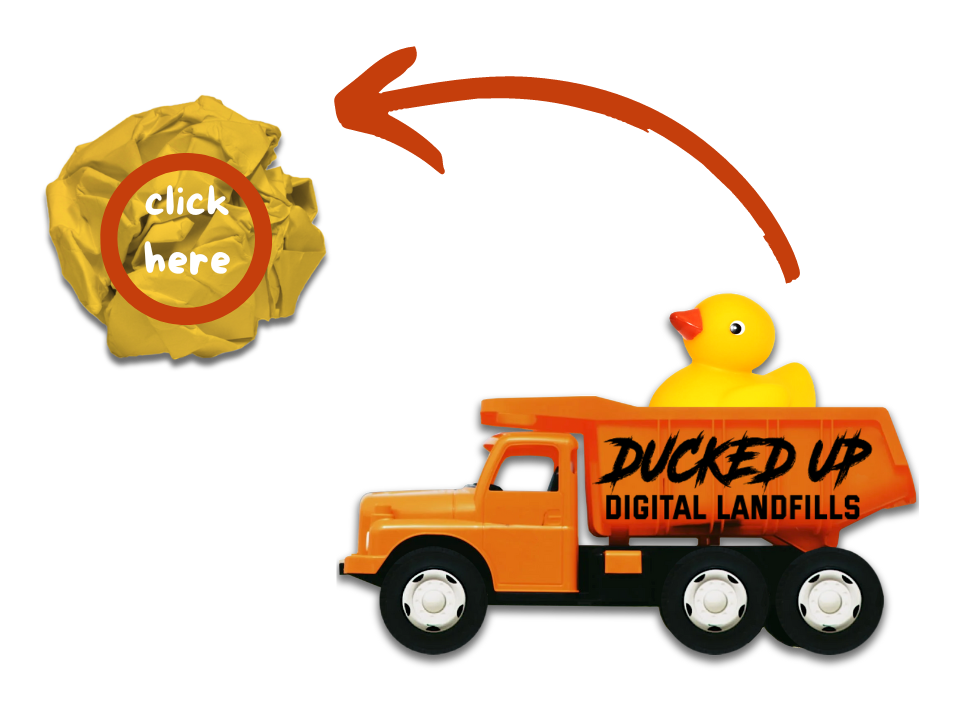What’s been happening?
In recent months, a number of care and Hearings-experienced young people have been meeting with professionals to develop this work.
Here are some of the things that they would like to see happen:
- Language will be based on strengths – reports should not be written about the avoidance of problems (‘no issues’)
- Easy read reports and letters will become standard good practice
- Reports will be owned by the writer and the person(s) being written about
- Children will have some control over what is discussed in their Hearing
- Language will include the child’s wishes
- Reports will capture the young person’s own chronology
- The ‘right’ language will be continuously evaluated
- Irrelevant background information will be removed from reports
- Young people will not have to repeat their stories and experiences to advocacy workers, just because they are independent
- Young people will be able to choose how they want to express their views
- Terms will be changed so no-one shortens them or uses acronyms
- Good examples of language used effectively will be raised and shared widely
- Jargon will no longer be used
- Report and letter authors will write to the child (the whole child)
- Authors and speakers in the Hearings System will understand the power of language
- Language used in legislation will be accessible and understood (not translated)
Online word bin
To help the Language Leaders identify words that can upset or confuse children and young people, they have created an interactive word bin which is available on the Our Hearings, Our Voice website.
All children and young people need to do is drag the words or phrases they don’t like into the virtual bin!

